
19 September 2020 - 10:38 BY Louw
A Tool To Prep For An Acting Role: Diary
What happened before this scene? Why is she so irritated at the beginning of this scene? Has that big turning point happened yet? Where are we now on the timeline arc for my character? What is the relationship between my character's Stepfather and me?
I have found myself on set having all these questions and not enough time to recall the whole script in a few seconds before the director calls, "Action!". Luckily, at the beginning of my (still infant) career, I read an article on Michael B. Jordan, where he said he kept a diary for almost all of his roles (https://www.youtube.com/watch?reload=9&v=5AlxEP1h9KQ).
I could immediately relate to using a character diary for my roles. I would have these conversations in my head about feelings, about what I (my character) would say if he could speak his mind right now. So, from my second film, Ballade Vir ‘n Enkeling, I created a character journal/diary.
How to use it? I will start by writing my character's name and age on the opening page. Beneath this, still on the first page, I will write down any words, thoughts, ideas or feelings that pop up during my second read of the script (in one sitting). "Things like "Confident… Abused… Father Wound… Grow hair… Hot temper… Driven by proving his father wrong… etc."
Then I will work my way through in a chronological system. From the beginning of the script all through to the end, I will map my character's timeline/arc regarding date, time and place. "1998. Meet Roxanne at school. Around morning/am". Then I will map my character's relationships with each character he interacts within the script. Short descriptions of what that relationship looks like ex. "Stepmother: rocky relationship. We are always fighting. She doesn't want to listen. Our conversations always end in her breaking me down or saying something negative. I don't like the way she speaks to my father. Etc" In our every day lives we are not the same with our girlfriend as we are with our mother or teacher; we react differently to each when we are around them. This help clarifies and remembers to be different with different people like we are in our everyday lives.
I will write down the scene number. The location. Short description (in my own words) what the scene is about. My character's Bottom-Line. Then I will write down three things underneath this headings:
What happened before this? I write down exactly what happened just before this scene regarding my character; where we last saw him or what we heard happened to him. Then after that, I will bullet point all the crucial and necessary moments – moments that had an impact on my character; physically and emotionally. But I will work my way backwards – after the previous scene, I will page back one page at a time till I get to page 1, writing down all these big shifting and important moments that lead my character to this scene I'm about to shoot.
What is happening in this scene? I will, in my own words, describe the scene as if I'm watching it happen before my eyes. "I enter the room. We sit on her bed. She starts talking about our relationship. She says she wants to break-up. I struggle to handle it. I try to convince her. She doesn't want to hear it. I leave heartbroken." Step by step, each critical thing that happens in the scene. Mostly actions and things that move the scene forward.
My thoughts/feelings? I will do an in-the-moment step by step journal entry as I work through the scene. How do I feel before I enter? I will write my thoughts down as I'm speaking to myself, that inner-monologue, for example. "I can't wait to tell Roxanne about my Dad buying me a car. What a champ he is. She's going to freak out. Probably going to want to go on a weekend away this coming weekend already…" Then I enter the room. "She's so freaking beautiful. What's wrong? I can see something's wrong Rox…" After she said she wants to break-up, "But we were happy. It bothers me that you didn't say anything. Does Sean have anything to do with this? F#%$ this hurts. I don't understand because you said you want to get married and I was the one hesitant? What about the weekend away with my family? No, please let's talk through this. What can I do to be better…?" I will just run through impulses that pops up as if the character journal's inner monologue.
I will use the shooting schedule to do these entries as per shooting schedule and not chronological timeline; except if there is a good reason for it. IMPORTANT: Each role requires a different preparation style for me. There have been times where I felt using a diary is not the way to prep for this specific role.
Create your own "method" (whatever that means) and play around with techniques to help you create three dimensional and interesting characters.
So when you are on set and it is a busy day shooting lots of scenes in a short amount of hours, you can keep this little diary near-by. Just before a scene you can page to this scene number and scan through your diary entry. You'll know exactly where you come from, where you have been, how you feel about the other character and have thoughts to keep you alive and responsive during the scene.
Directors don't always have the time to discuss where you are coming from or what your relationship is like with the other character; they have a million other things to focus on. Take responsibility and do the work knowing these things. The director will most probably take notice and it might even land you more work because of this work ethic.
Nothing so distinguishes great acting -- in any style, in any historical period -- than the feeling that the actor has the potential to 'go off' at any moment, and to unleash an explosion -- a flood of lava, that will be totally uncontrolled and uncontrollable. Great Acting always dances with danger!
— Robert Cohen
How did you find the technique/tool/advice? Did it work for you? What was different this time? Please share with the tribe and let's keep on creating beautiful, honest and memorable performances. Let's execute our best selves!
Kind Regards
Edwin van der Walt
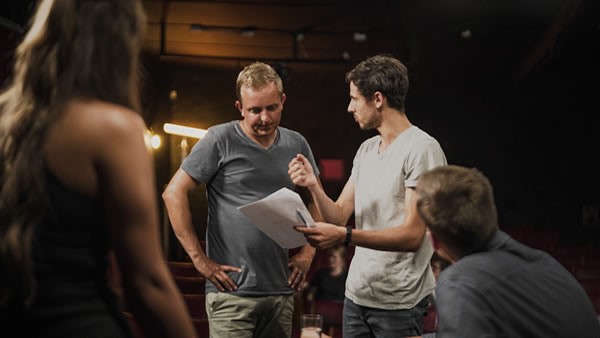
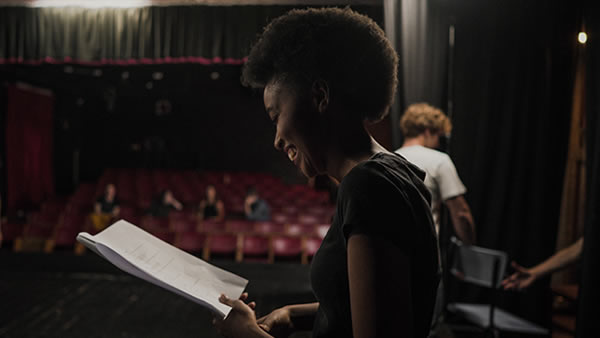

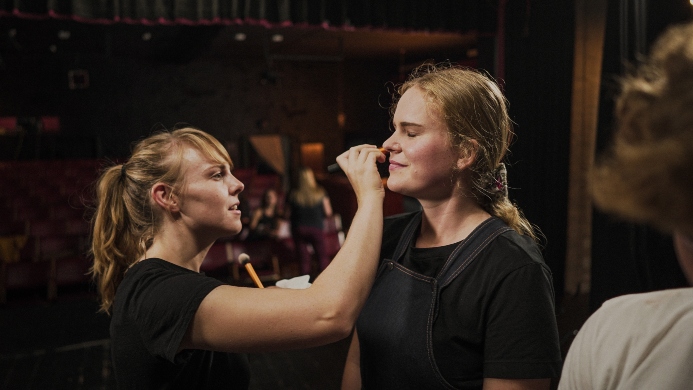
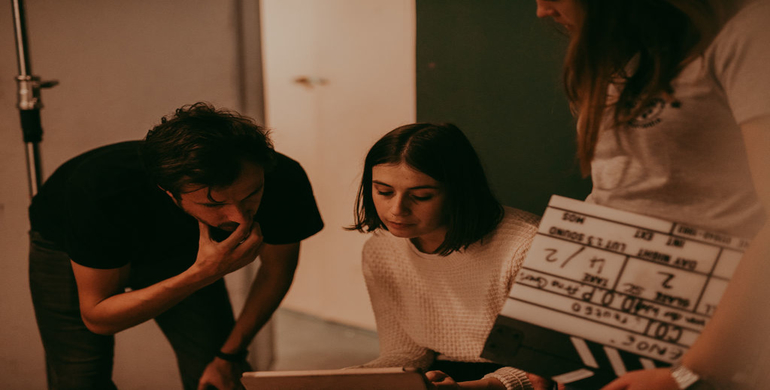

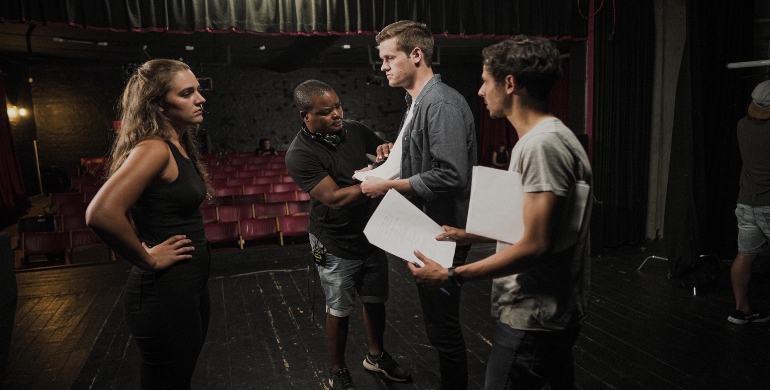
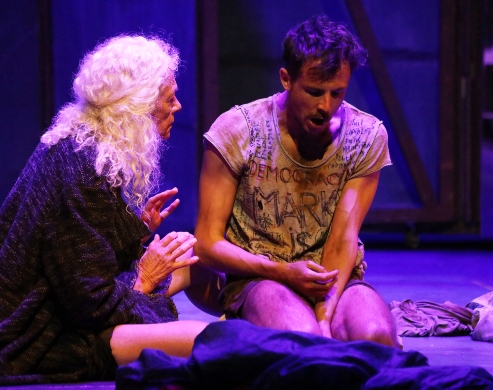

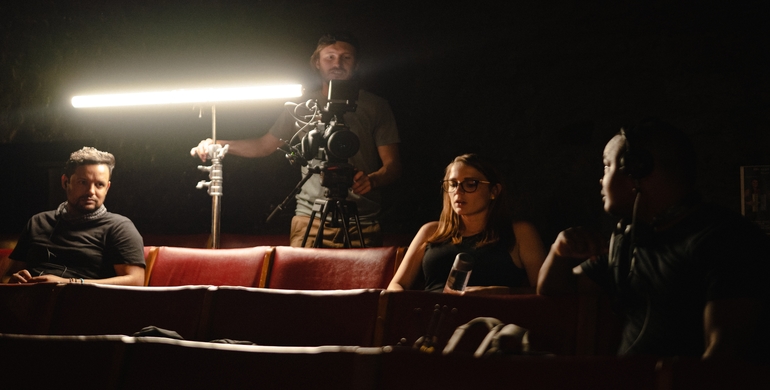
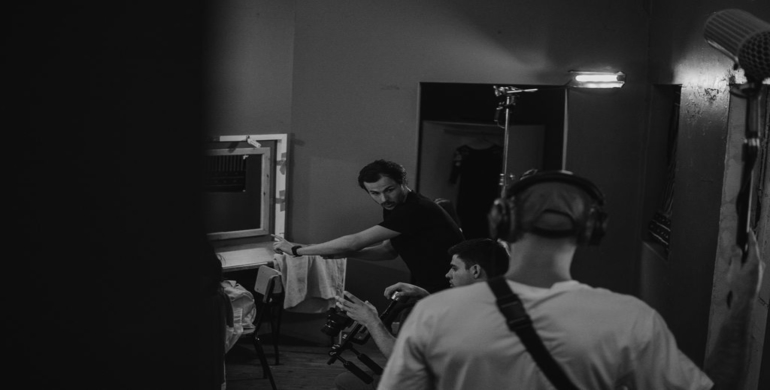
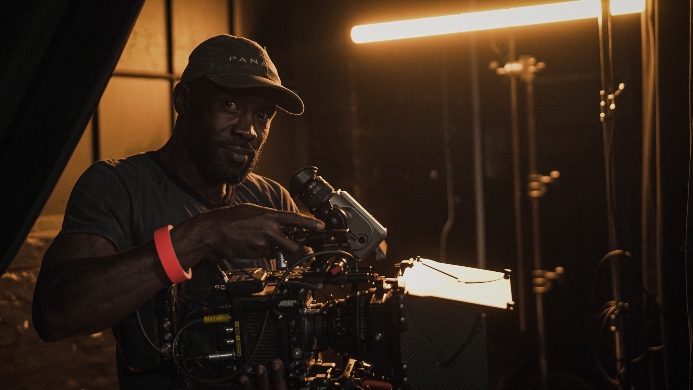
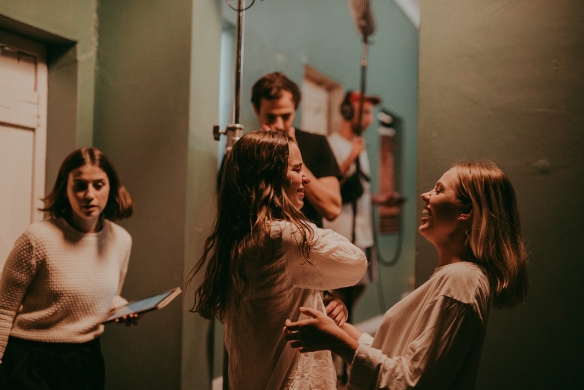
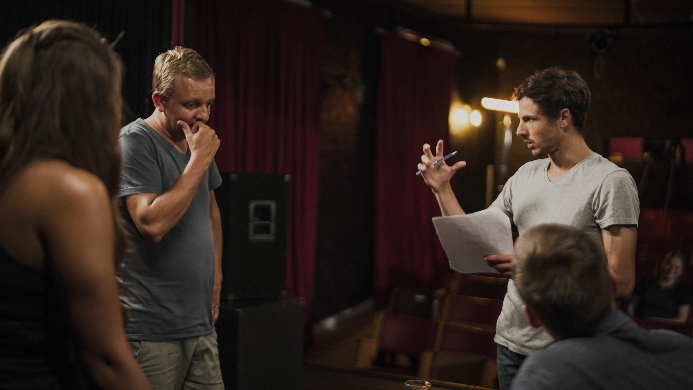
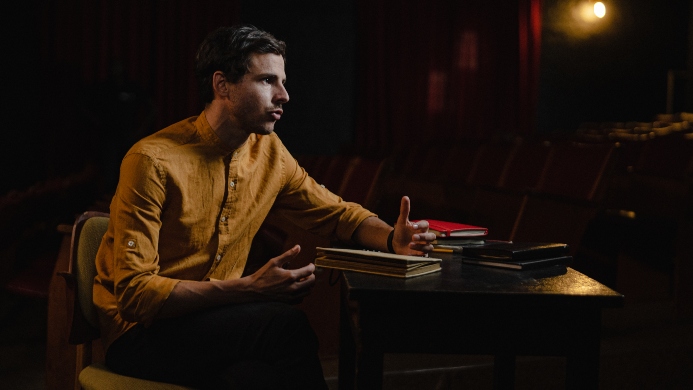
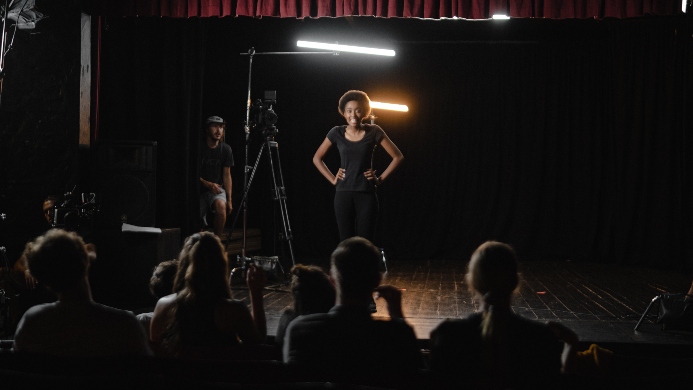
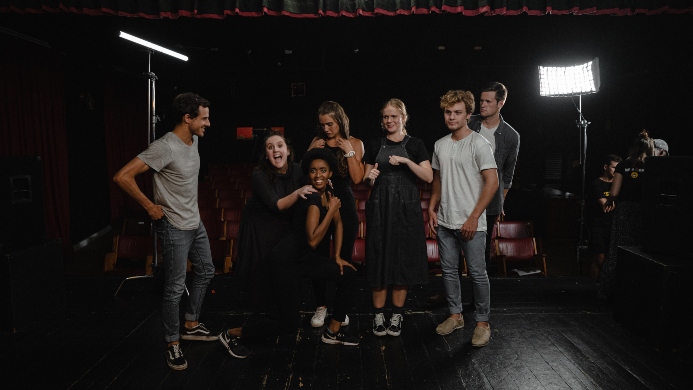
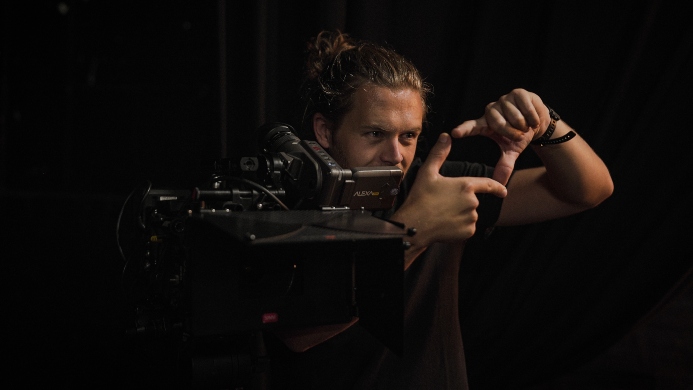
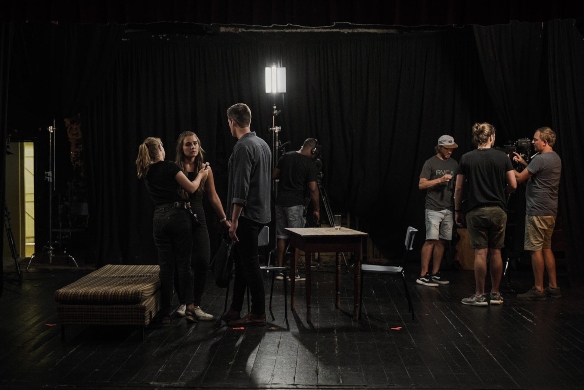

 1.jpg)
.jpg)
 (1).jpg)
 (1).jpg)
 (1).jpg)
 (1).jpg)
 (1).jpg)
 (1).jpg)
 (1).jpg)
 (1).jpg)
 (1).jpg)
 (1).jpg)
 (1).jpg)
 (1).jpg)
 (1).jpg)
 (1).jpg)
 (1).jpg)
 (1).jpg)
 (1).jpg)
 (1).jpg)
 (1).jpg)
 (1).jpg)
 (2).jpg)
 (1).jpg)
.jpg)
 (2).jpg)
 (1).jpg)
 (1).jpg)
 (1).jpg)
.jpg)
 (1).jpg)
 (1).jpg)